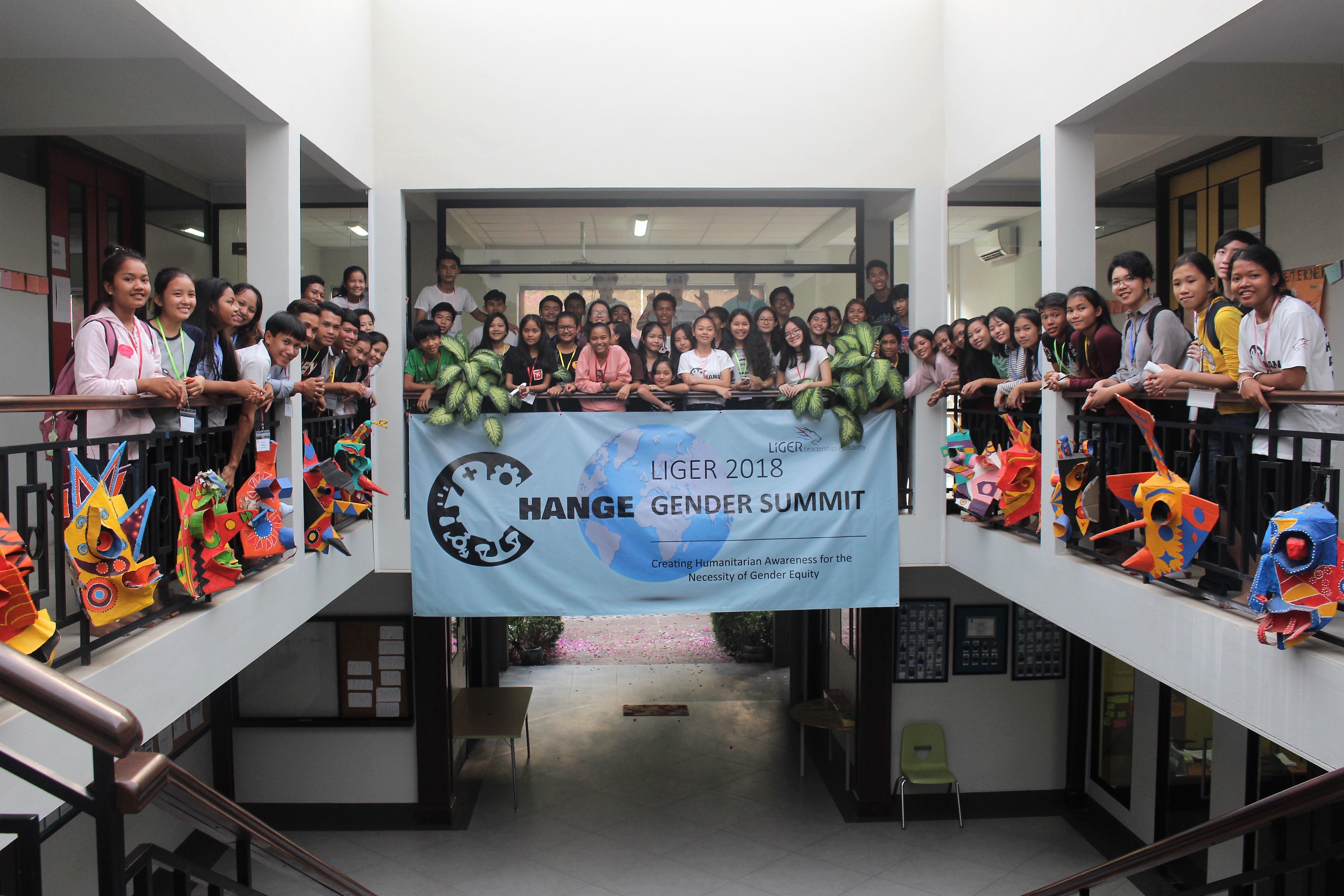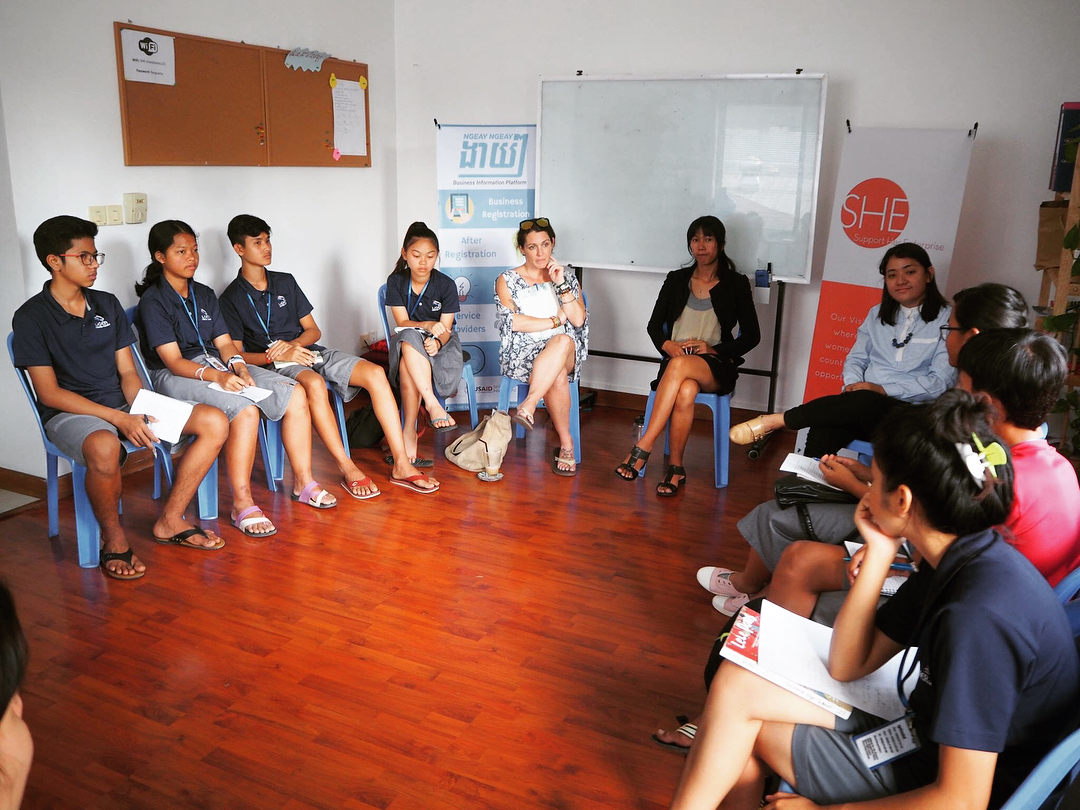Gender-based violence is a human right issue. World Health Organization (WHO) defines violence as “the intentional use of physical force or power, threatened or actual, against oneself.”
Violence has caused devastation to societies for centuries and it is still occurring today. It is not something that’s just happening now, but centuries ago, where people used violence just for one reason, power.
In Australia alone, violence against women and children costs an estimated US$11.38 billion per year, according to the United Nations in the Change Makers campaign.
Living in a patriarchal world where women are trying really hard to define the word “VALUABLE” as one of their characteristics, many of them are abused every day by men, with the lack of care from the society.
Why do women often remain silent? Why is violence still a major societal problem? Why can’t it be stopped if this is a major problem that causes many adverse effects on society?
“Women believe that they should remain silent because if they spread the information, it will lower their family’s reputation in society,” said a female student from the Pannasastra University of Cambodia, “but it will also affect them if they don’t speak up for help.”
According to the campaign of the United Nations, called “The Change Maker,” a study in Cambodia revealed that most men and women do not view domestic violence as a crime. Furthermore, in Laos PDR, 92% of men and 94% of women agreed that it is important for a man to exert power over his wife and to demonstrate that he is the head of the family. Simultaneously, in China, women who have experienced violence were unlikely to seek help, due to the idea of violence being a private issue, unconsciously aware of accessible services, and the limited nature of support available. Correspondingly, children who witness violence within their home often experience significant damage to their social, physical and emotional development.
According to Daniela Ligiero, the executive director and chief executive officer of Together for Girls, approximately one-third of women and girls globally experience sexual violence and less than 50% of them communicate to others about the issue.
There are many organizations around the world that are bringing awareness to violence against women, the main two are UN Women and WHO. Besides, there are many movements around the world like “Orange the World,” the 16 Days of Activism against Gender-Based Violence and a global campaign spanning from the 25th of November through the 10th of December.
Furthermore, the “#MeToo movement,” this hashtag is used in many social media to demonstrate the widespread issue of sexual assault and harassment against women, especially in the workplace. Moreover, #metoo movement, is a campaign talking about how the SILENCE is being broken; it is about helping to save the women who have been sexually harassed. There are 17,700,000 women reported that they have been sexually assaulted since 1998.
Another campaign, “One Billion Rising” is a global movement and day of action and dancing, in a protest to end rape and sexual violence against women.
“Women should not remain silent” the same university student stated, “if she keeps the silence, the husband will continue to [abuse] her again and again.”
Author: Panharith Yav
Work Cited:
http://www.unwomen.org/en/what-we-do/ending-violence-against-women/take-action/16-days-of-activism
https://www.girlsglobe.org/2017/09/27/shattering-silence-violence-women/
https://en.wikipedia.org/wiki/Violence_against_women
http://www.who.int/mediacentre/factsheets/fs239/en/
https://www.girlsglobe.org/2017/11/21/can-help-end-violence-women/
Photo Source: https://sabrangindia.in/sites/default/files/violence-against-women_0.jpg?620






